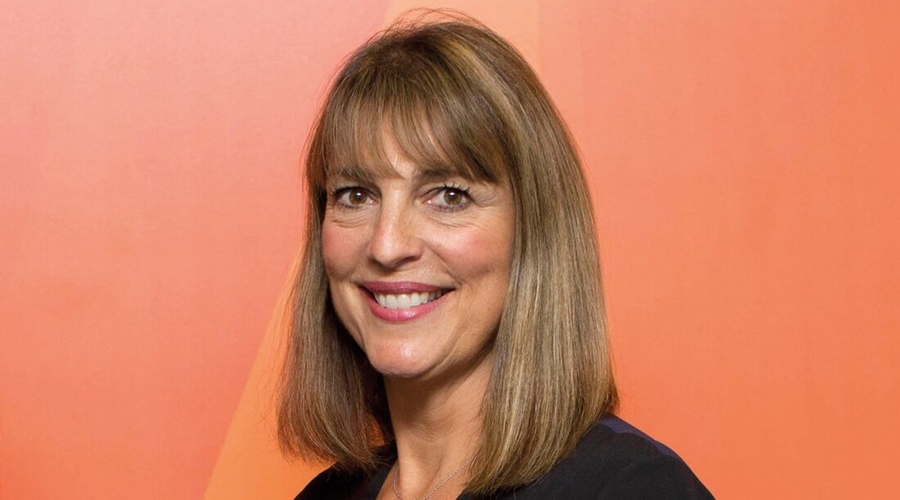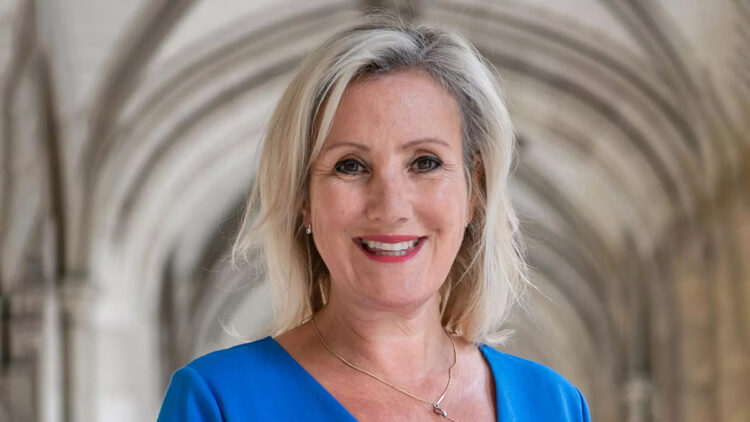By Sheila Mckennzie-
Recent allegations surrounding a toxic working culture on ITV daytime shows, including the widely popular “This Morning,” have cast a spotlight on the inner workings of the television industry
A significant number of current and former ITV employees have come forward with claims of a hostile and unhealthy work environment comprising of bullying , harassment, and discrimination, according to its chair Dame Caroline Dinenage(pictured) in recent claims made since the MPs questioned ITV’s boss in June.
These allegations raise questions about the treatment of employees in the entertainment sector, the responsibilities of media corporations, and the need for transparency, accountability, and change, and will potentially add to the already shaken media landscape, after the Phillip Schofield scandal and the multiple allegations made against GB News and former Mail Online columnist, Dan Wooton.
A perception of inadequate grievance mechanisms, highlights a deeply concerning pattern that cannot be ignored, and makes the work of ITV boss Carolyn McCall even more challenging. The duty to establish a robust framework responsible to issues of this nature ultimately lies at the top. Bullying and harassment can take many forms, and the announcement by the MP did not contain detailed examples.
The alleged toxic work environment described by current and former employees of ITV’s daytime shows is believed to have had profound implications for the well-being of the individuals individuals concerned.
Constant stress, fear, and hostility can lead to mental and emotional distress, affecting both job performance and personal lives. The ripple effects of such a culture extend beyond the workplace, impacting the overall quality of life of those involved. Furthermore, it can deter potential employees from entering the industry, contributing to a cycle of unhealthy practices.
Media corporations, like ITV, play a pivotal role in shaping public opinion and entertainment. Their responsibility extends not only to delivering content to audiences but also to fostering a safe and supportive environment for their employees. Allegations of a toxic work culture demand that these corporations acknowledge their role in creating and sustaining such conditions. Ensuring the welfare of their staff should be an essential part of their corporate social responsibility.
The entertainment industry, characterized by its fast-paced nature and high-pressure environment, can often be challenging for employees. Long hours, intense competition, and demanding expectations can contribute to stress and a tense atmosphere. However, these challenges do not excuse or justify a toxic work culture. Instead, they underscore the need for clear guidelines, strong leadership, and mechanisms that prioritize the well-being of those within the industry.
The allegations necessitate a response that go beyond damage control.
Organizations need to take a proactive approach by conducting thorough internal investigations, listening to employee testimonials, and implementing changes that address the root causes of the issues. This process should be transparent, involving both employees and external experts to ensure objectivity and fairness.
Leadership will be called to examine power dynamics, reevaluate management practices, and institute comprehensive training programs that promote respect, inclusion, and empathy. Creating a culture of open communication, where employees feel safe to voice concerns without fear of retaliation, is a crucial step towards transformation.
ITV said it took complaints seriously, but that it could not act unless such allegations were made directly.
The broadcaster’s chief executive Dame Carolyn McCall appeared before the committee following the fallout from an affair This Morning’s former presenter Phillip Schofield had with a much younger colleague.

Under Fire: Dame Carolyn McCall Image:rts.org.uk
That sparked allegations from people including Dr Ranj Singh, who used to regularly present segments on This Morning, of a wider toxic culture at the programme.
Dr Ranj Singh, who used to work on This Morning, previously made public allegations that there was a toxic environment on the show
In a letter published on Wednesday, Dame Caroline Dinenage told the ITV boss she and other committee members had been contacted by a “large number of individuals” in the weeks after her appearance in Parliament.
“These individuals speak with great pride about working at ITV and are hugely positive about many of their colleagues,” Dame Caroline said.
“However, they also raise claims of toxic working cultures, bullying, discrimination and harassment.”
Some “have described how their decision to raise concerns within ITV has led to further bullying and discrimination, and in some cases having to leave the organization with a settlement agreement”, Dame Caroline wrote.
“It is easy to understand why those individuals, especially where they have left ITV and do not wish to relive their traumatic experiences, do not feel capable of attempting to report their concerns, or that ITV will take them seriously.”
In her letter, Dame Caroline also raised questions about the number of complaints ITV had previously said it had received from staff on the programme.
ITV’s Dame Carolyn asked the committee to continue to encourage individuals with concerns to contact ITV using its reporting line SafeCall, which she said could take reports confidentially or anonymously.
Dame Carolyn also said individuals could make direct contact with Jane Mulcahy KC – the barrister who is conducting an external review of how ITV handled Schofield’s affair and the fallout.
“As we made clear to you and the committee, we are absolutely committed to enabling people to raise any issues or complaints they may have about working at ITV,” Dame Carolyn wrote.
“We always take these seriously and will investigate and take whatever action is appropriate.
“However, we are unable to do so if we cannot engage with those people.”
Dame Caroline has separately been under the microscope for authorizing the inclusion of rule breaker Matt Hancock in I’m a celebrity Get Me Out Of Here’, despite knowledge that he broke parliamentary code of conduct, and abruptly ended his marriage without concern by cheating with his wife during the lockdown.
The latest allegation of harassment and discrimination in ITV is disturbing, and continues to expose an unregulated culture of bad conduct and lack of accountability in some media circles.




